You're connected to mobile data and notice that new WhatsApp messages aren’t coming in. Trying to open Twitter only leads to the loading symbol turning endlessly. Then when you try Googling something, the Safari webpage doesn’t load either. The only message you see is “Your iPhone is not connected to the internet.”
Why is your iPhone’s cellular data not working? Let’s look at these easy ways to fix your iPhone’s cellular data problem now.
1. Check Your Data Plan's Status
Before jumping into device troubleshooting, remember that the cause may not be your iPhone at all. Did you forget to renew your data plan and it expired? Have you reached your plan’s mobile data quota for the month?
If these are the causes, you'll need to reactivate your mobile plan or top up your quota, then you’re good to go! Your cellular data should immediately start working again. Contact your carrier's support if you have issues doing so, and consider limiting your data usage in the future to avoid running out again.
2. Ensure Airplane Mode Is Turned Off
Airplane mode disables your iPhone’s cellular, Wi-Fi, and Bluetooth connections. This is important during flights to prevent signal interference, and can preserve your battery in areas with a weak signal.
Because airplane mode affects many features of your device, you should make sure it's turned off when you have network issues.
To turn off Airplane mode:
-
Access your iPhone’s Control Center.
- For iPhone models with a Home button, swipe up from the bottom edge of the screen. If your iPhone uses Face ID, swipe down from the top-right of the screen.
- If Airplane mode is enabled, the round circle in the top-left section with an airplane icon shows as orange. Tap to turn it off.
- Try to get online again using cellular data.
If you still can't get online, now is a good time for a quick iPhone restart before proceeding further.
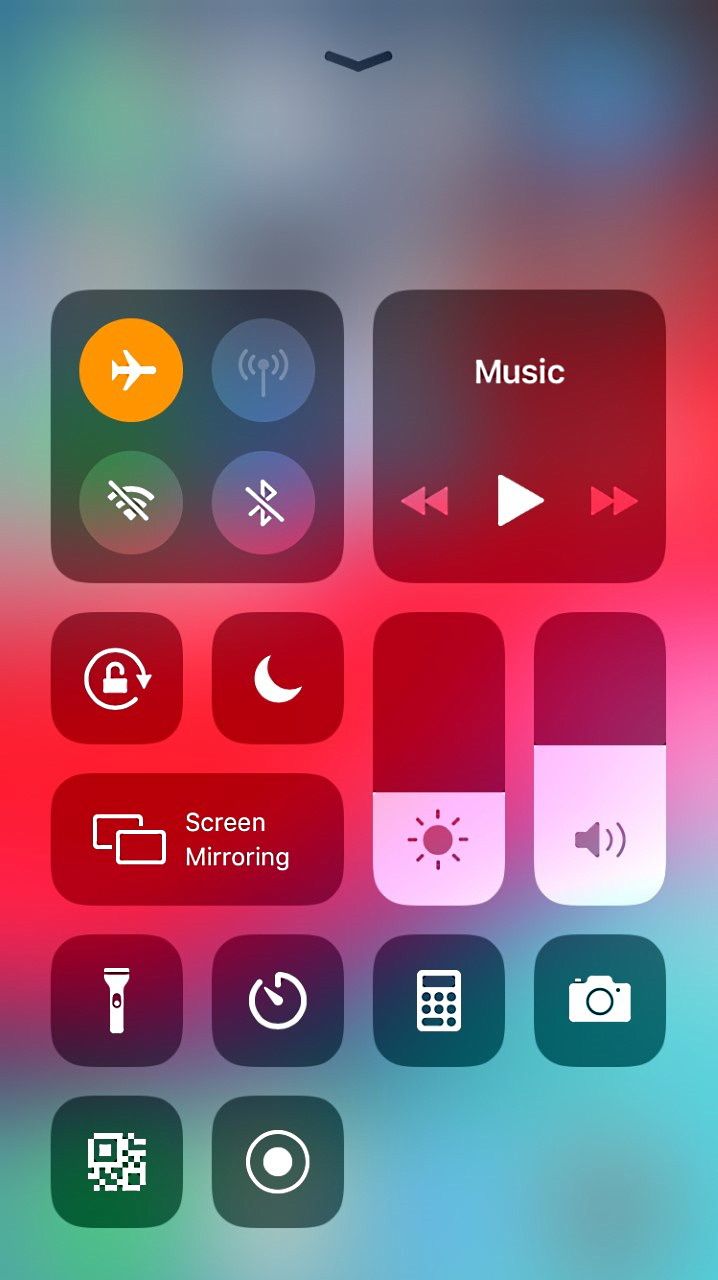
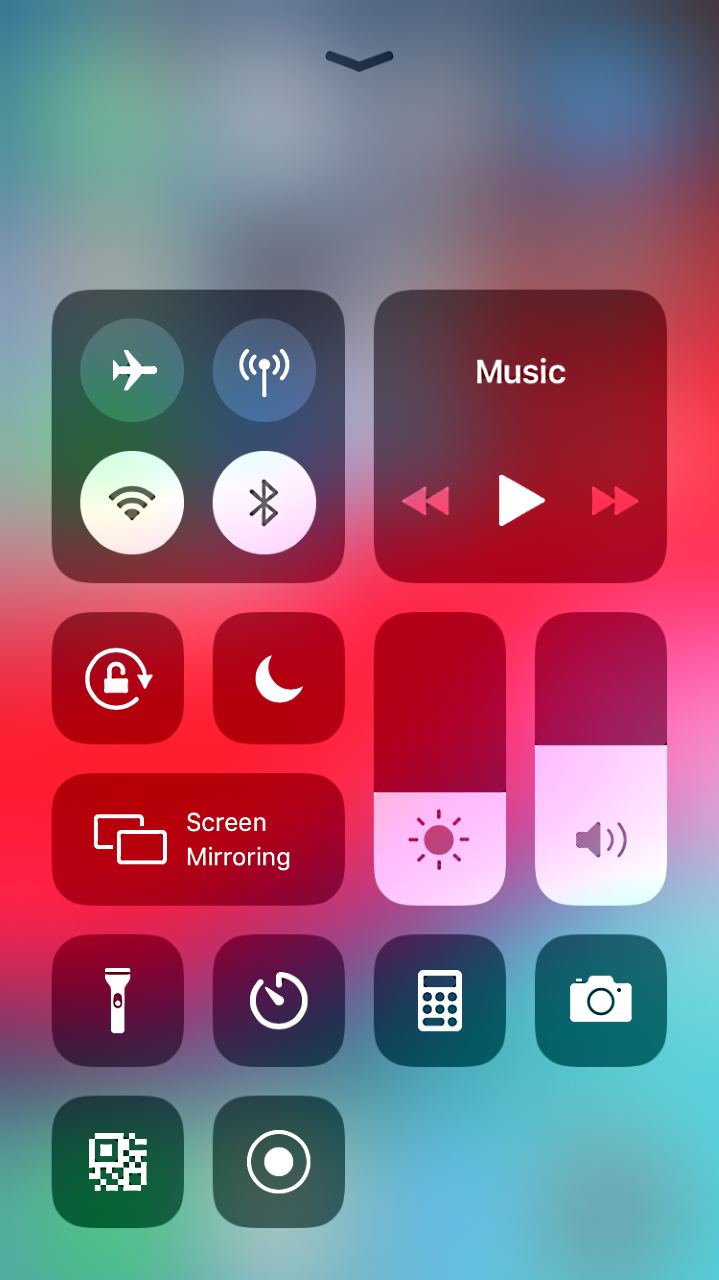
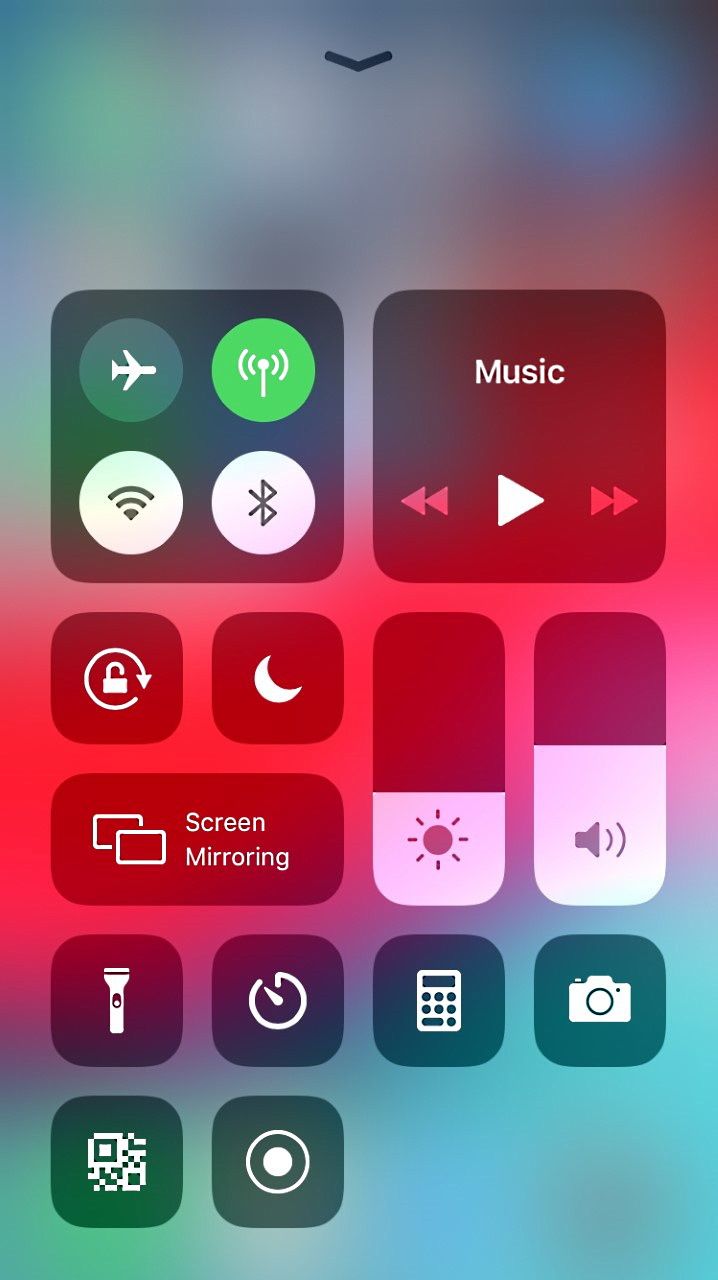
3. Toggle Your iPhone’s Mobile Data
After checking that you have an active data plan and have disabled Airplane mode, turning your iPhone’s mobile data function off and back on may help solve the issue. To do this:
- Access your iPhone’s Control Center, as mentioned above.
- In the top-left block, check if the Mobile Data icon (an antenna) is already switched on and lit up as green. Tap to turn it off if so
- Wait a few seconds.
- Tap the icon to turn on your iPhone’s cellular data again.


4. Enable 4G on Your iPhone
4G changed our internet lives by significantly increasing internet speed. If 4G is disabled on your iPhone for some reason, your device can fall back to using 3G. Most online tasks (for example, loading a video) will take an extremely long time to load using 3G networks.
In fact, 3G can be so slow that you'll think your iPhone’s cellular data is not working. So to make sure 4G is enabled on your iPhone:
- Go to the Settings app and tap Cellular (Mobile Data in some regions).
- Turn on Cellular Data (or Mobile Data) if it's not already.
- Select Cellular (or Mobile) Data Options.
- What you see next will depend on your device, carrier, and region. You may need to tap Enable 4G, or choose Voice & Data to select your network preference. Choose to use the best network available on your device.
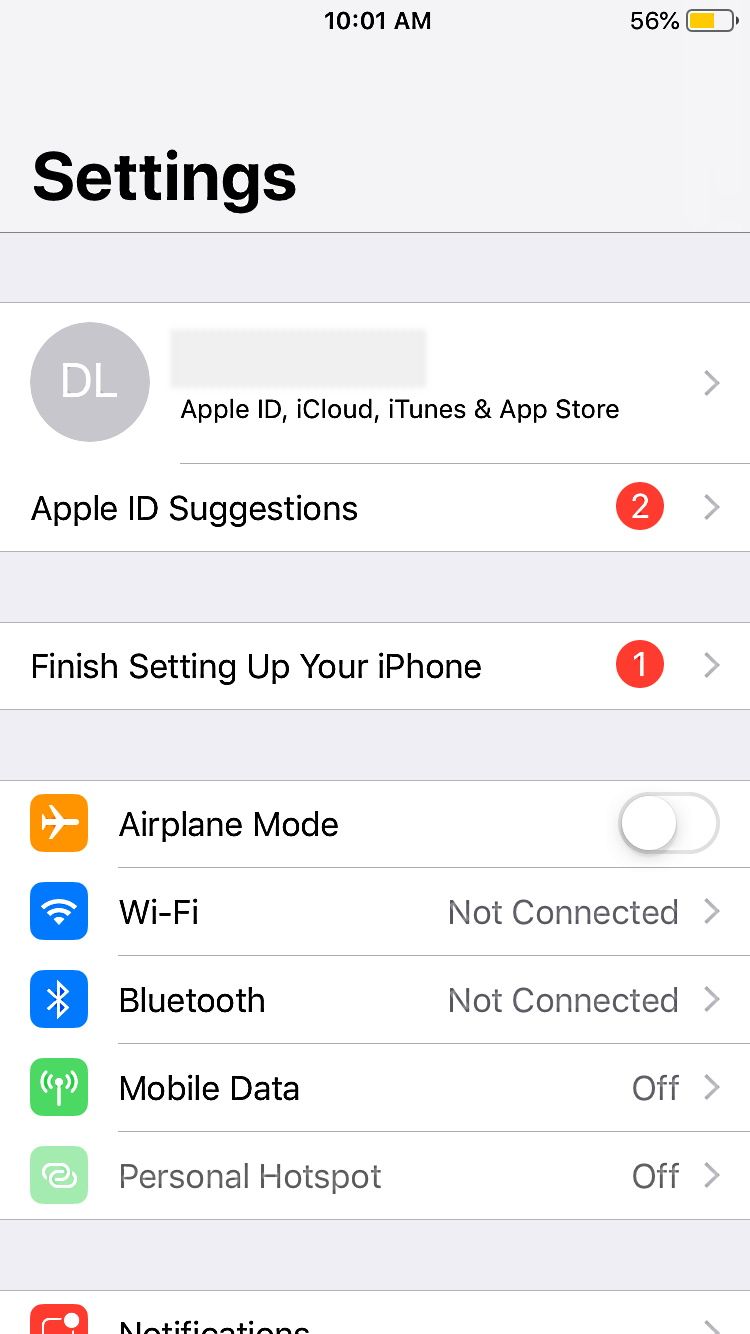
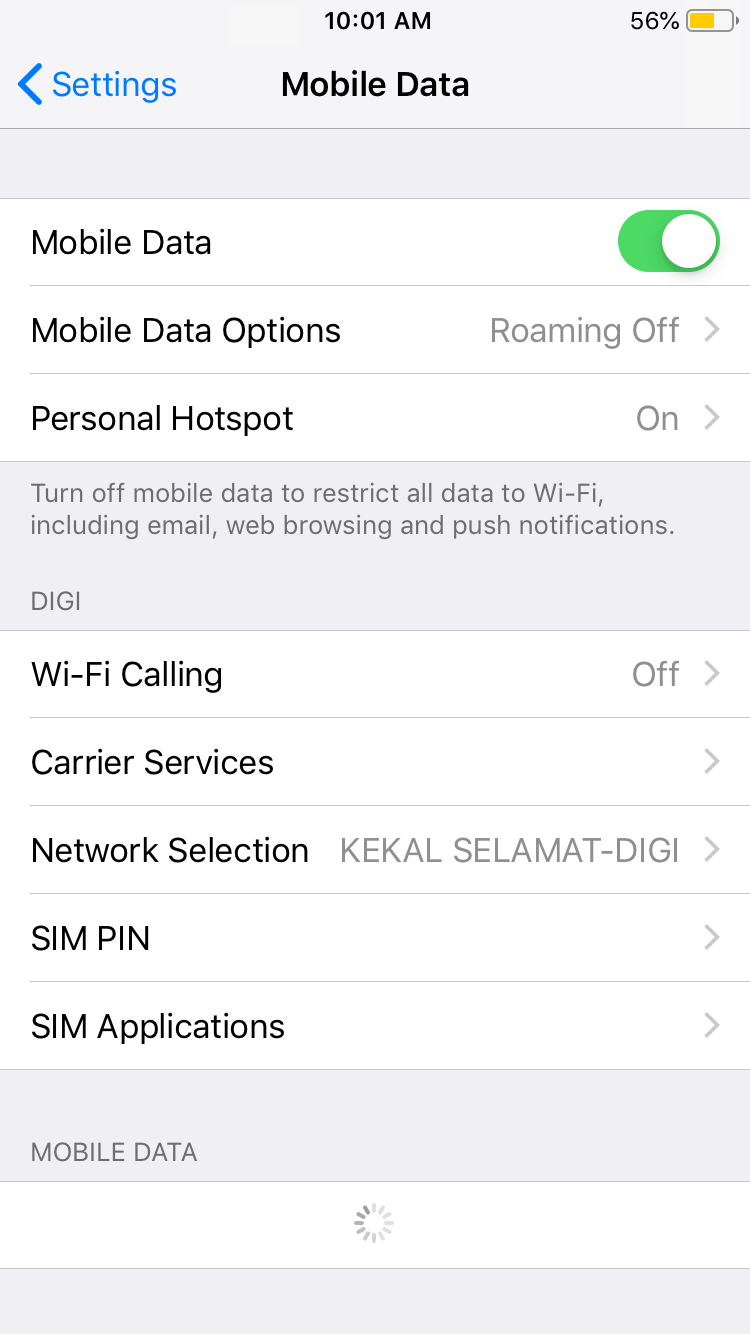
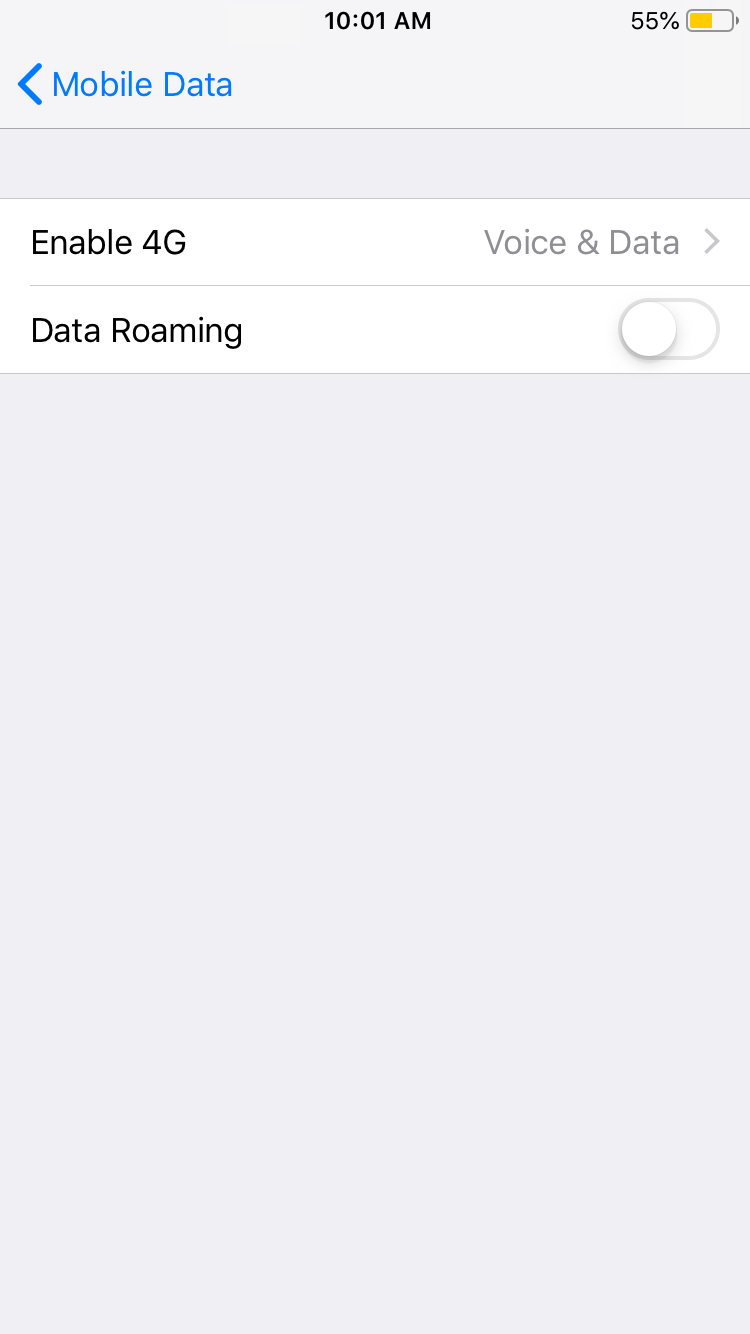
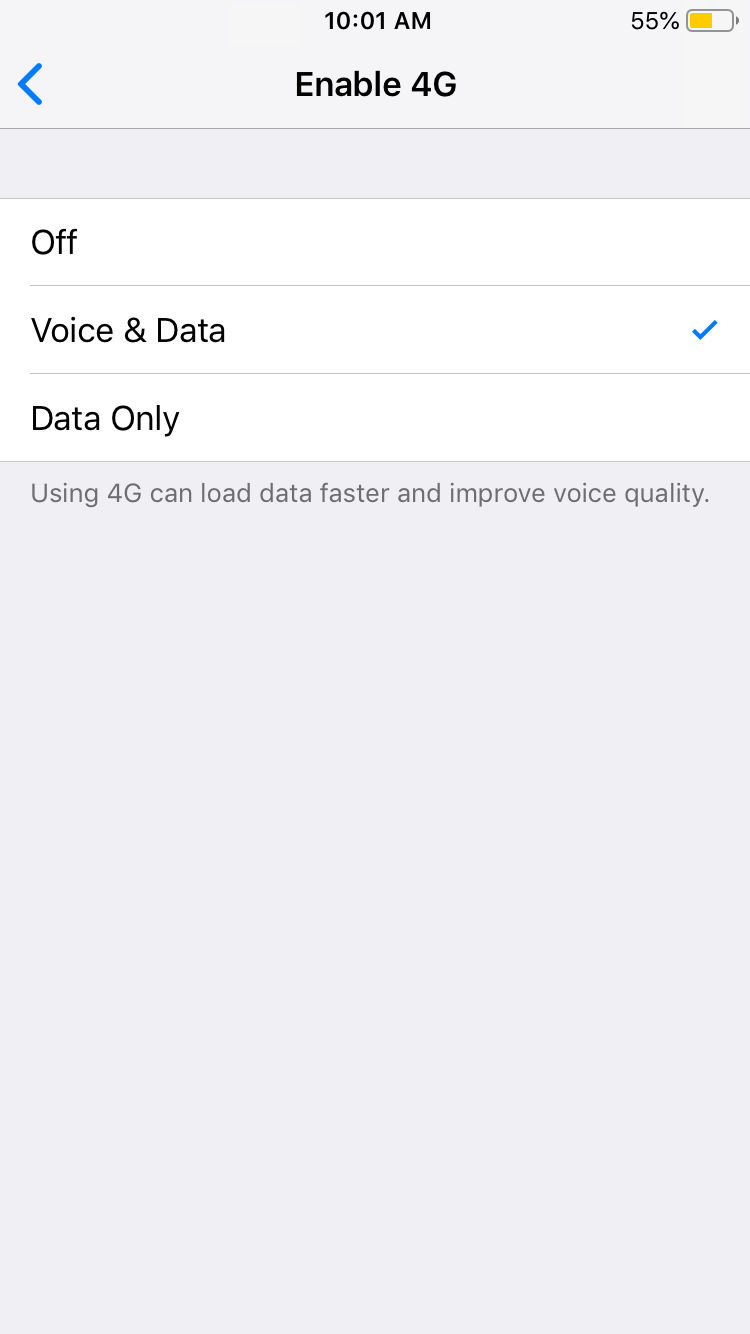
5. Check for a Carrier Settings Update
Your carrier may have provided updates that improve cellular network connectivity, which can help solve your mobile data problem.
Here's how to check for these:
- Go to the Settings app and select General.
- Tap About.
- If there is an update available, you’ll immediately see a prompt that says Carrier Settings Update and asks whether you want to proceed with the update now. Install any updates that show up here.
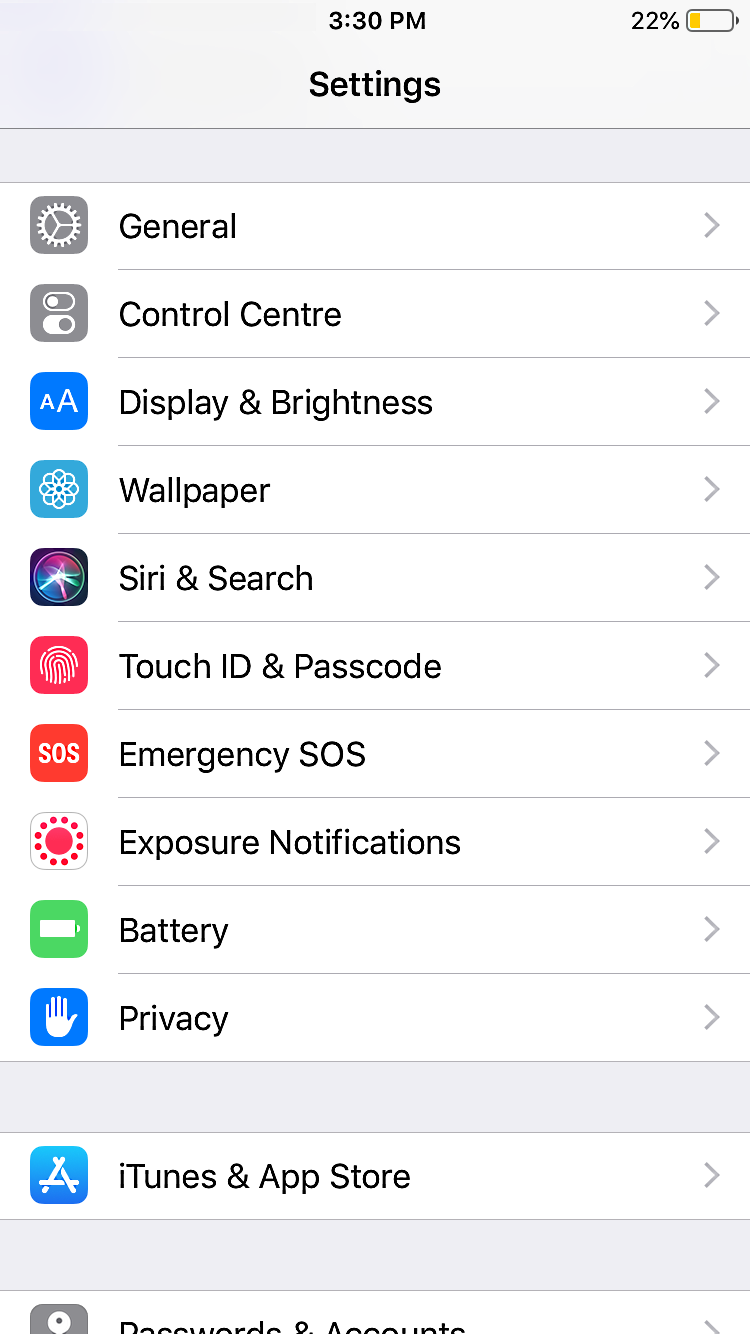
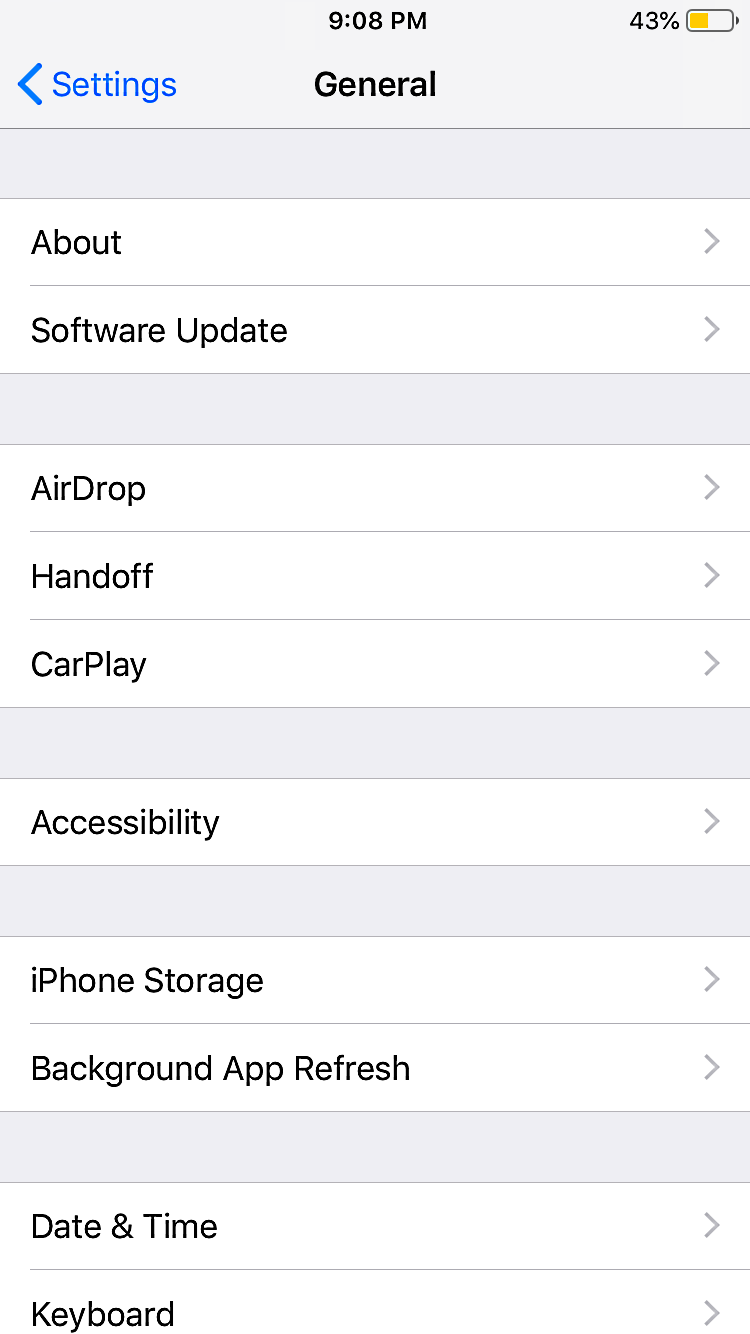
6. Update iOS on Your Phone
An important fix for any issue is checking for the latest iOS updates. Ensuring that your device’s software is up-to-date may help fix connectivity problems.
To check for and install system updates:
- Go to the Settings app and select General.
- Tap Software Update.
- Tap Download and Install to get the latest iOS, if available.


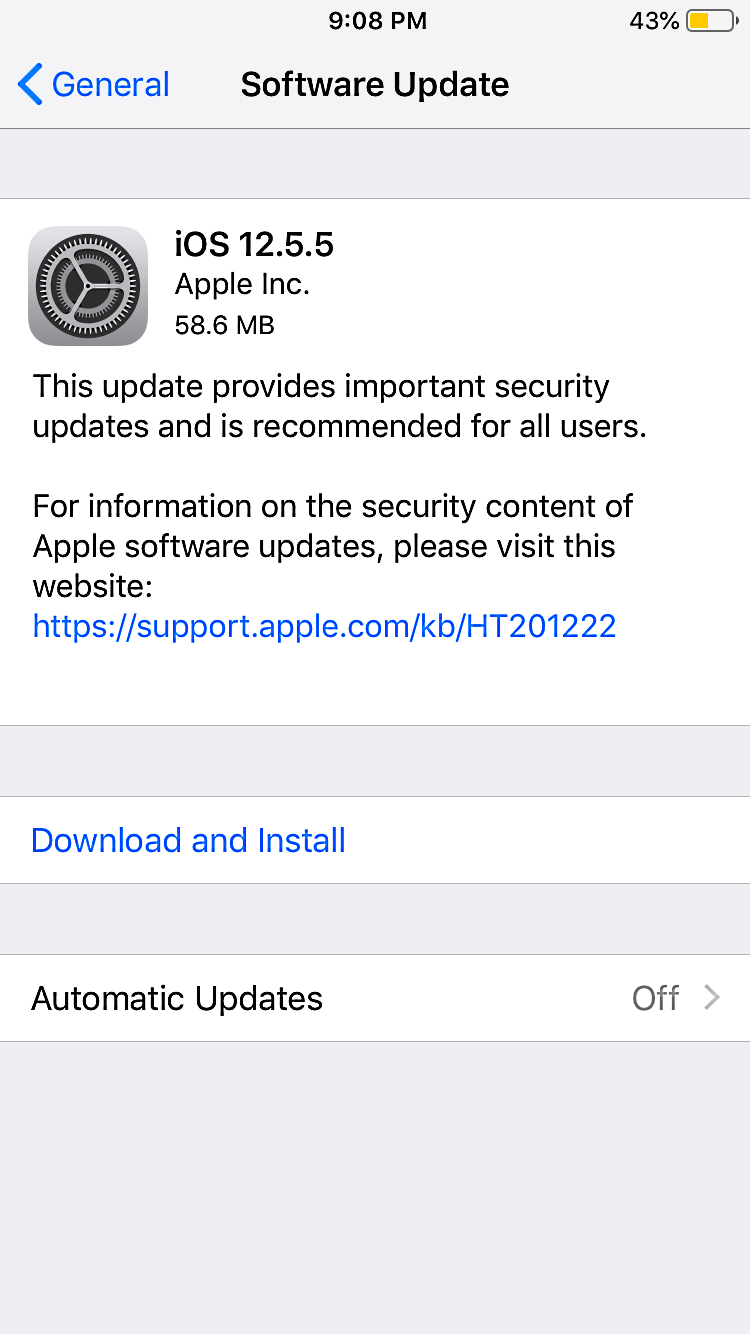
7. Remove and Reinsert Your SIM Card
The SIM card tray is located on the left or right side of your iPhone, depending on the model. Follow our step-by-step tutorial (with pictures) to learn how to safely remove your SIM card from your iPhone.
Once you've removed it successfully, simply place the same SIM card on the tray and slide it back into your iPhone.
8. Force Restart Your iPhone
If nothing above has worked, you can do a force restart to fully refresh your iPhone. This should clear out any temporary hiccups blocking your mobile data.
Follow our walkthrough of how to force restart your iPhone to see how this process works for your model.
9. Reset Network Settings
This step reset will remove saved passwords for Wi-Fi connections, clear out Bluetooth and VPN configurations, and otherwise return all network settings to their default selections. It's worth trying if nothing else has worked to fix this problem yet:
- Go to the Settings app and select General.
- On iOS 15 and later, choose Transfer or Reset iPhone > Reset > Reset Network Settings.
- If you're on iOS 14 or earlier, tap Reset > Reset Network Settings.
- Either way, a prompt will appear. Tap Reset Network Settings to confirm.
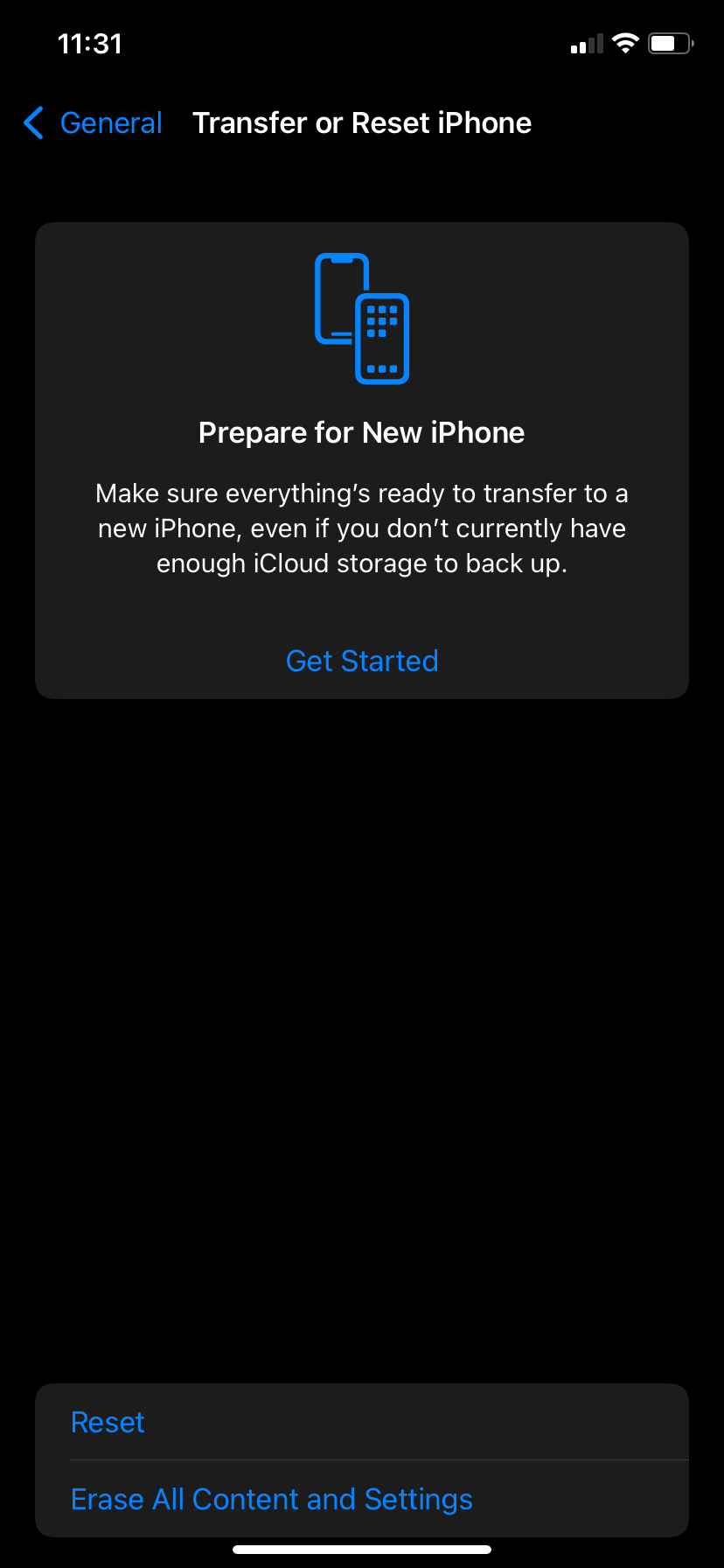
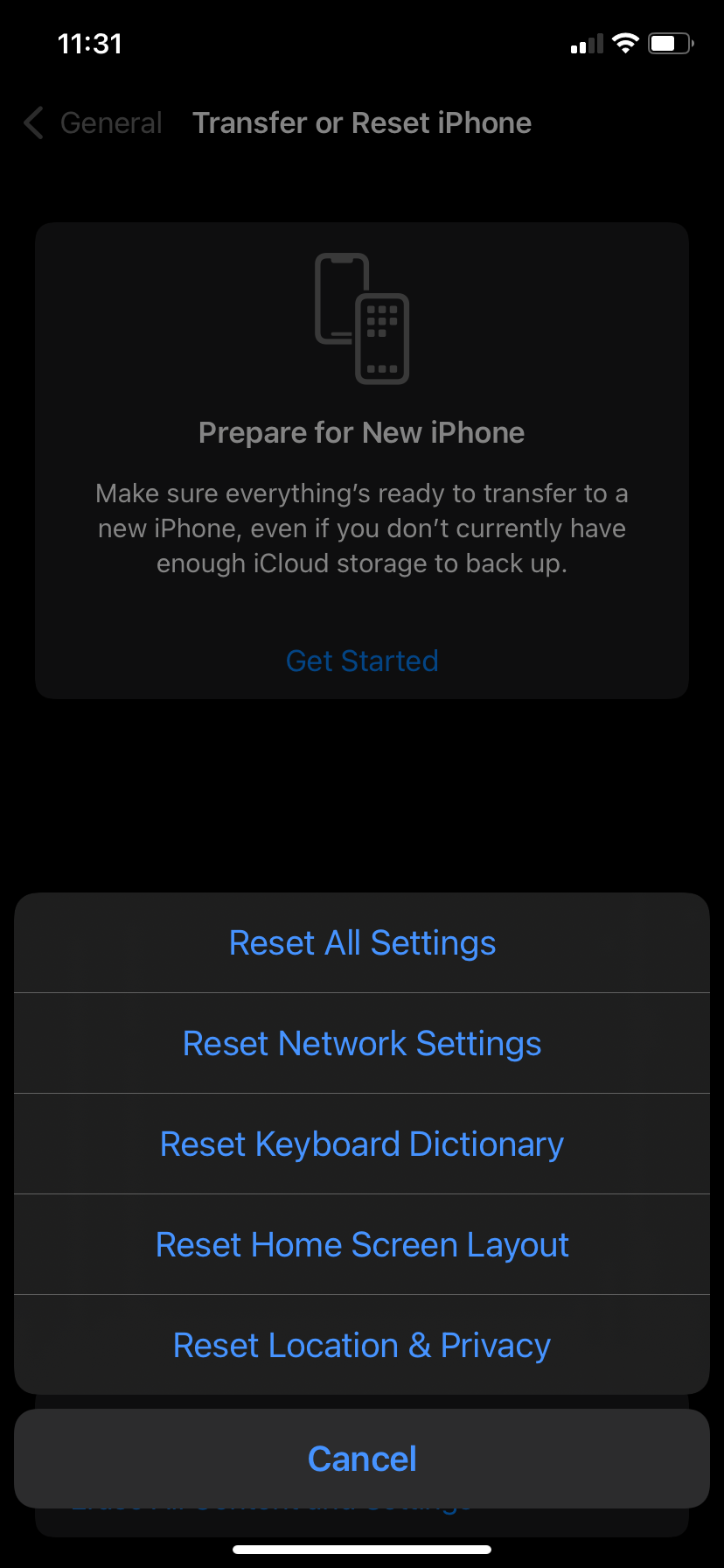
10. Reset All Settings
If you've tried all the above suggestions and they don’t work, the next solution is to set all options on your iPhone back to default. You may want to screenshot or note down any important settings so you don't forget how you had them.
You don’t need to worry about accidentally deleting any data on your device; this is a separate process from a full factory reset. Follow the steps below:
- Go to the Settings app and choose General.
- On iOS 15 and later, choose Transfer or Reset iPhone > Reset > Reset All Settings.
- On iOS 14 and earlier, follow Reset > Reset All Settings instead.
- A prompt will appear. Tap Reset All Settings to confirm.

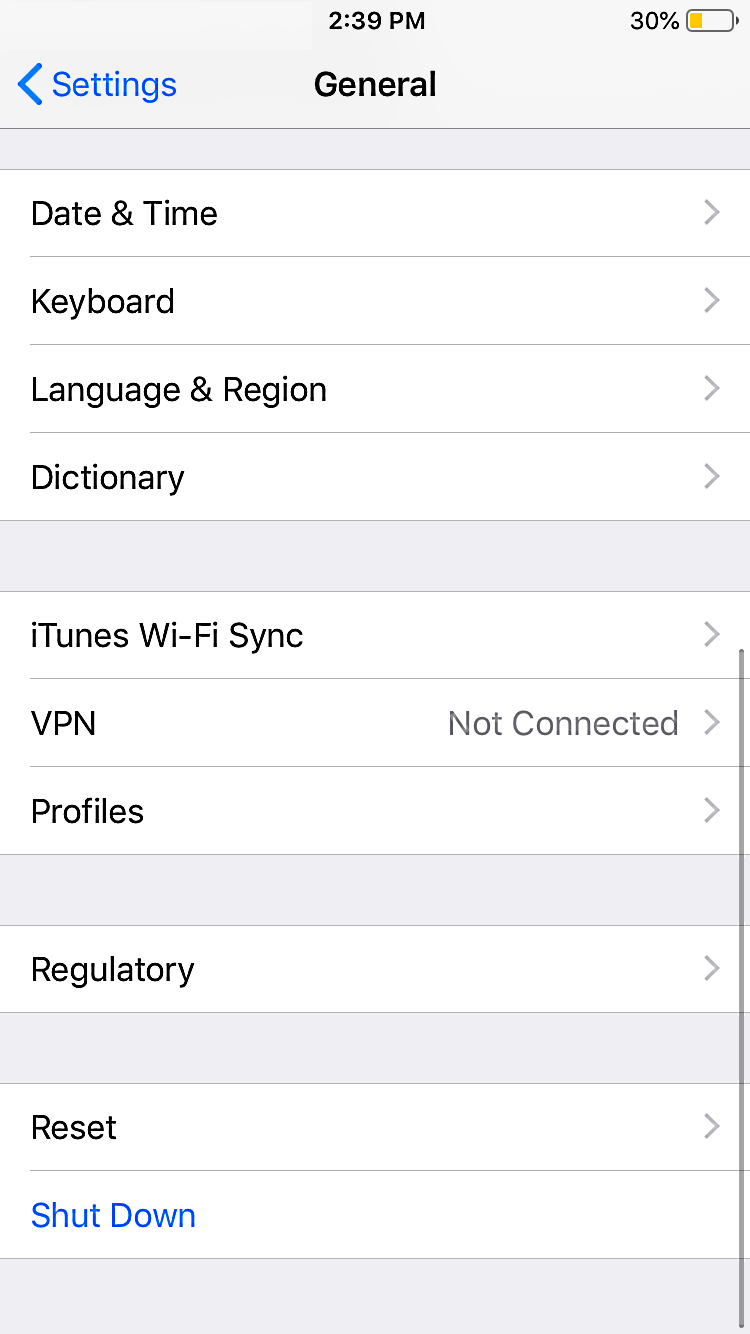
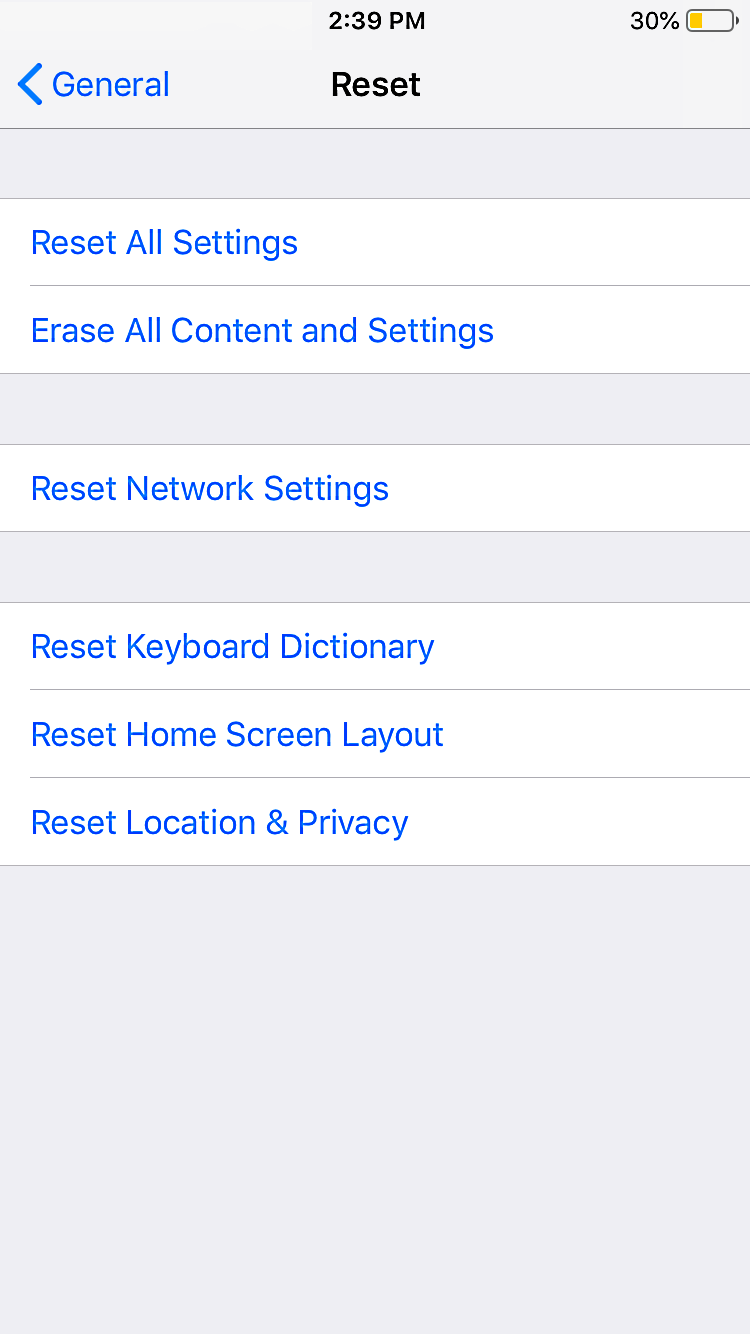
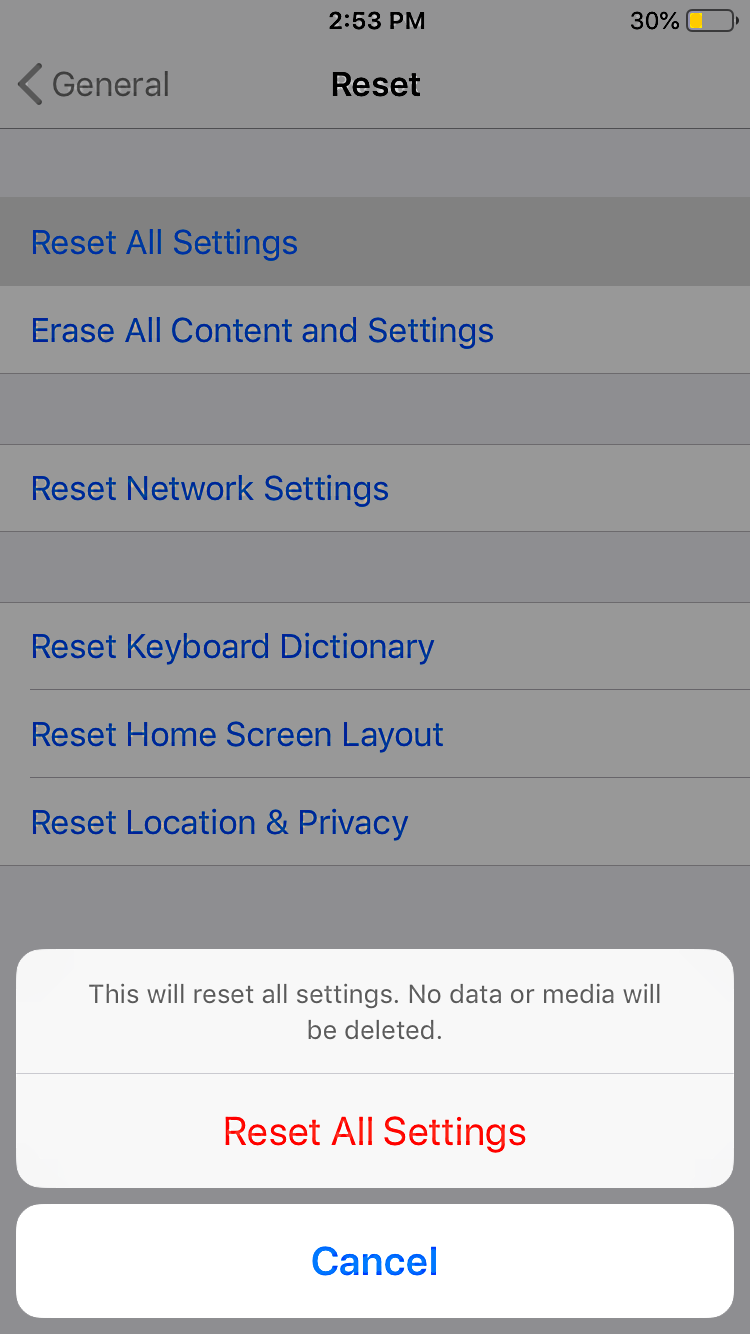
You won’t lose personal files like apps and photos, as long as you don’t choose the Erase All Content and Settings option. That performs a full iPhone reset, which you can do as a last-ditch step. Just make sure you back up your iPhone first!
Solved: iPhone Cellular Data Not Working
We've seen how to fix the issue of your iPhone's mobile data not working. To rule out issues, first check whether you have an active mobile plan with sufficient data left. Also, ensure that your device’s airplane mode is turned off.
If your iPhone still can’t connect, Apple advises you to contact your carrier to see if there are other causes. For example, an outage in your area might cause all connections to fail. In case your carrier responds that there’s no problem with your account or network, you’ll have to reach out to Apple Support to resolve the issue. It may be a problem with your iPhone.

